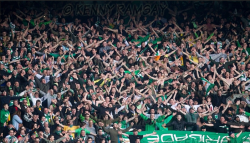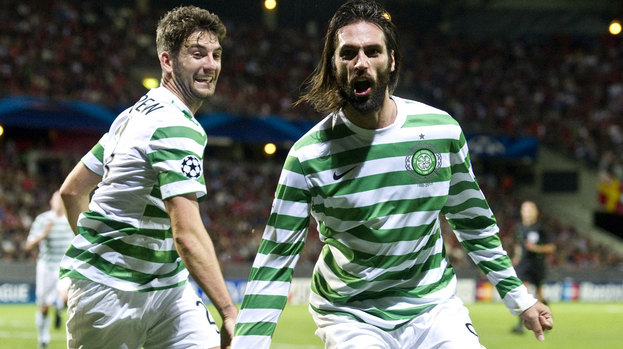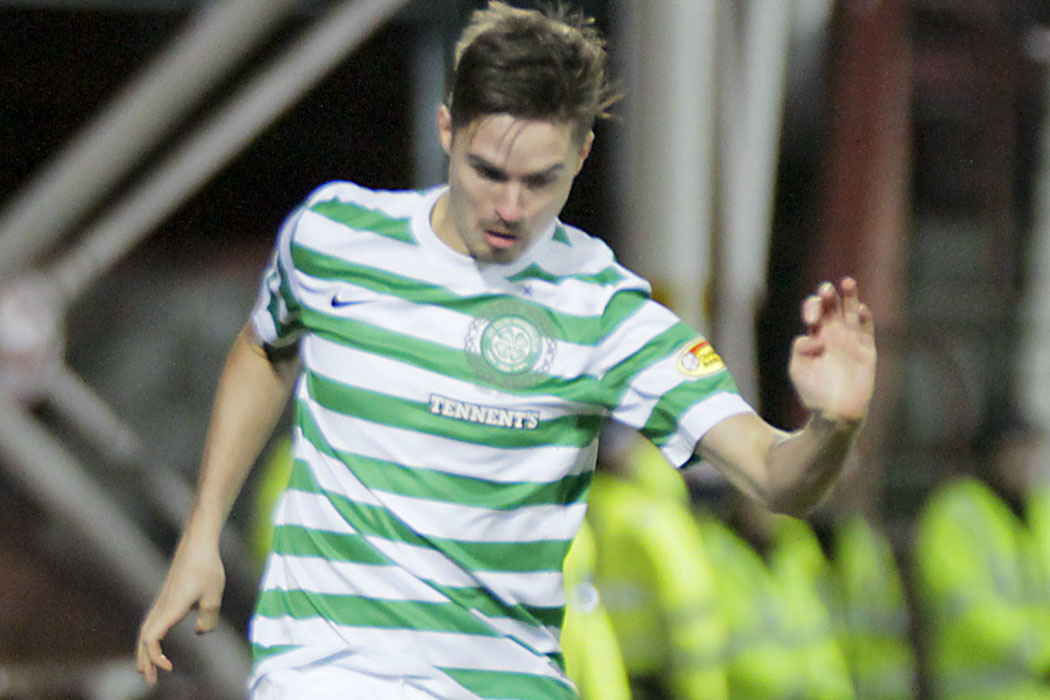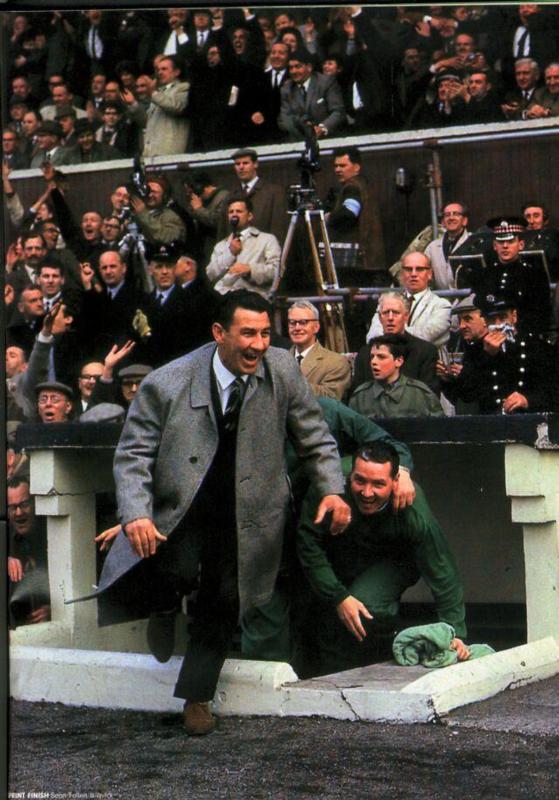Easter Sunday, with the clocks going forward, had the feel of a huge hangover. Glasgow was quiet, Paisley was comatose. St Mirren Park, straight from the same football stadia catalogue used by Chesterfield, Colchester and Shrewsbury down in England, was neither inspiring nor intimidating. Considering this was the first match after the historic league cup triumph, the party atmosphere was non-existent. Perhaps the hangover related to the home support, too? That, or fans were in the pub.
In terms of the game, things are seen differently when those around you have a sense of influence. It is a rarity for thousands of voices to be screaming blue murder towards an official, only for a lone voice to confidently argue the alternative. In the midst of tribal fandom, there is one, supporting voice. Yet, in the main stand at St Mirren Park, I had already seen one elderly chap in a Celtic scarf. Down south, he would have been ejected, because there was no room in the away end. Happily, he was simply told to remove his neckwear. It’s a pertinent point within Scottish football, why treat fans who actually want to attend games in a ridiculous manner? He never uttered a word all game, but was there watching, if not being able to support, his team.
Being Easter, St Mirren invoked the true meaning of the holiday by having someone dress up as a bunny and slowly ride around on a mobility scooter whilst waving to children. At this stage, I was still perplexed by seeing fruit on sale inside a football stadium for the first time in my life. There was an equal sense of perplexity when Celtic took an early lead, as I simply sat and stared into space. Straight away I was caught up in this parallel world, and glanced over to the man without the Celtic scarf, who was equally lost within the Paisley air. Granted, it was a game without an intense meaning, but to witness a match without being able to cheer is an odd sense of footballing torture, and goes against fan socialisation.
I was, however, struck by the noise from the Celtic section, or a perceived lack of it. Commons’ header was greeted by the crowd equivalent of an excitable handshake rather than a sound shattering roar, and with good reason. There is a hierarchy of goal importance, and this goal, within this precession of a domestic season, was several shades higher than irrelevant. The league will soon be won, but could not be won in Paisley, creating a juxtaposition of joyous purgatory. Furthermore, an expectant goal against St Mirren is just that, without the aura of exhilaration that other goals can bring.
There was no need to expect it, but when it was shouted, own reaction surprised me. St Mirren’s wrongly disallowed goal was greeted by a cry of ‘you taig bastard’ by the burly chap next to me, in the direction of Bobby Madden. I was not outraged in any way, and was instead partially filled with a sense of pity that, in an increasingly secular world, there are those who still automatically equate Celtic with Catholicism. Despite being someone who is a baptised but not practicing Catholic, I didn’t overanalyse his anger as a mechanism for future sectarian violence, but rather viewed it as an automatic comment to make when venting anger. It is easy to dismiss comments as the ramblings of one sad individual, as the rest of those perplexed by the decision were swearing at Madden without resorting to pathetic, religious jibes.
It was not until watching the highlights later in the evening that I was firmly convinced that St Mirren’s penalty was a dive (I knew at the time it was outside the area) and that Wanyama should not have been red carded. In this context, those around you do have a certain level of influence. With Wanyama, previously quiet St Mirren fans in the main stand were appealing for a card, and on a subconscious level the brain is tricked into thinking that, if the vast majority around you are of one voice, this must be correct. Of course, in wider society, this argument is both dangerous and absurd, but in the tribal footballing context, those around you have a greater impact.
Whilst speaking to a St Mirren fan, I asked why the game was not sold out, considering it was the aftermath of the league cup triumph and against the biggest team in the country. He pointed out that most of the empty seats were in the family section, because there is a core attitude amongst provincial clubs that Celtic and Rangers matches are not the environments that families wish to expose their children to. Whilst this is a wider argument, it is interesting to hear one person’s mind-set. A young woman criticised the effectiveness of the red card protest against fan criminalisation, pointing out that Celtic fans let off a smoke bomb inside the stadium. Whilst I did argue that the campaign not as simplistic than that, I could see her point, sadly.
Being amongst fans of the opposition is not a unique issue, but it is one that is largely alien to me. I simply could not do it watching Coventry, but watching Celtic this way was far easier than I anticipated. Granted, St Mirren’s main stand is hardly one of football’s most severe atmospheres, yet there was a new found respect for those around me, aside from the man still living his life based upon absurd religious stereotypes. It would be far tougher watching a game like this at Ibrox or Tynecastle, but for someone who only sees Celtic 4-5 times a season, it is an interesting alternative to whoring yourself for an away ticket.




